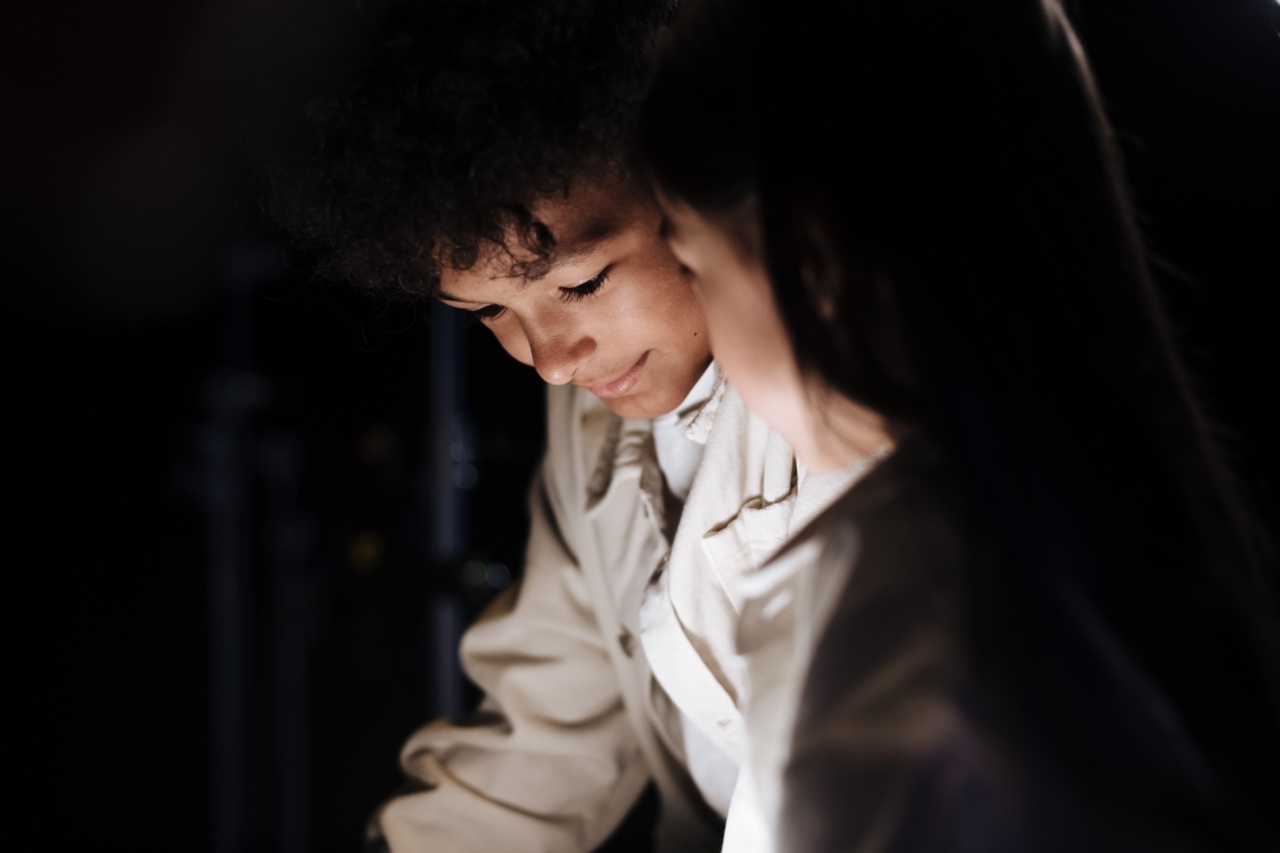Social media has become an integral part of our daily lives, especially for teenagers. The rise of platforms such as Facebook, Instagram, Snapchat, and Twitter has transformed the way we communicate and interact with others.
While social media can offer numerous benefits, it also raises concerns about its impact on the emotional development of teenagers. This article explores the effects of social media use on the emotional well-being and psychological growth of teenagers.
The Influence of Social Media on Self-Esteem
One of the most significant ways social media affects emotional development in teenagers is through its impact on self-esteem. Adolescence is a period characterized by vulnerability and self-doubt, and social media can exacerbate these feelings.
Constant exposure to carefully curated profiles and filtered images can lead to feelings of inadequacy and a distorted view of reality. Teenagers may see their peers posting pictures of seemingly perfect lives, resulting in a negative comparison and a decline in self-esteem.
Cyberbullying and Online Harassment
Another concerning aspect of social media use for teenagers is the prevalence of cyberbullying and online harassment. With anonymity and the ability to reach a wide audience, individuals can easily engage in harmful behaviors online.
Cyberbullying can have severe emotional consequences for teenagers, leading to feelings of depression, anxiety, and isolation. The constant exposure to negative online experiences can hinder emotional development and negatively impact mental well-being.
Emotional Regulatison Challenges
Emotional regulation is a crucial aspect of healthy emotional development, and social media can present unique challenges in this area.
Teenagers may struggle to manage their emotions when faced with cyberbullying, negative comments, or comparisons to others. The ability to regulate emotions effectively is essential for building resilience and navigating social relationships. Prolonged exposure to social media can hinder the development of these skills and disrupt emotional well-being.
Sleep Disturbance and Increased Stress
The addictive nature of social media can lead to excessive use, which often comes at the expense of quality sleep. Many teenagers report using social media late at night, leading to sleep disturbances and reduced sleep duration.
Sleep deprivation can negatively impact emotional health and increase stress levels. The constant need to be connected and the fear of missing out contribute to heightened stress levels among teenagers, hindering their emotional development.
Body Image Dissatisfaction and Eating Disorders
One detrimental consequence of social media use is the impact it can have on body image dissatisfaction and the development of eating disorders.
The abundance of edited and filtered images on social media platforms can create unrealistic beauty standards. Teenagers are exposed to these images constantly, leading to comparisons and feelings of inadequacy.
Studies have shown that increased social media use is associated with a higher risk of developing body image dissatisfaction and disordered eating behaviors.
Social Comparison and Fear of Missing Out
Social media platforms provide teenagers with a window into the lives of their peers. While this can foster a sense of connection, it also invites constant social comparison.
Teenagers may feel the pressure to conform to certain standards or engage in activities they may not necessarily enjoy, simply to fit in and avoid missing out. This fear of missing out (FOMO) can negatively impact emotional development by limiting authentic self-expression and hindering the formation of genuine relationships.
Positive Aspects of Social Media Use
While the negative impact of social media on emotional development cannot be ignored, it is essential to recognize that it also offers several positive aspects. Social media platforms can provide avenues for self-expression, creativity, and support.
They can connect teenagers with like-minded individuals and offer opportunities for personal growth and self-discovery. Additionally, social media enables teenagers to stay informed and engaged with current events, fostering their development as informed citizens.
Moderating Social Media Use for Healthy Emotional Development
Given the complex relationship between social media use and emotional development in teenagers, it is crucial to establish healthy habits and moderation. Parents, educators, and policymakers play an essential role in promoting digital well-being.
Encouraging open communication, educating teenagers about responsible social media use, and setting limits on screen time can help mitigate the potential negative effects on emotional development.
Fostering Resilience and Building Support Networks
Resilience is key to navigating the challenges posed by social media. Teaching teenagers stress management techniques, emotional regulation skills, and cultivating strong support networks can enhance their emotional well-being.
By fostering resilience, teenagers can develop healthier coping mechanisms and navigate the sometimes tumultuous landscape of social media more effectively.
Conclusion
The impact of social media on the emotional development of teenagers is a topic of increasing concern. While the negative effects are evident, it is important to acknowledge the potential benefits as well.
By recognizing the potential pitfalls and educating teenagers about responsible social media use, we can help mitigate the negative impact and promote healthy emotional development in this digital age.



























